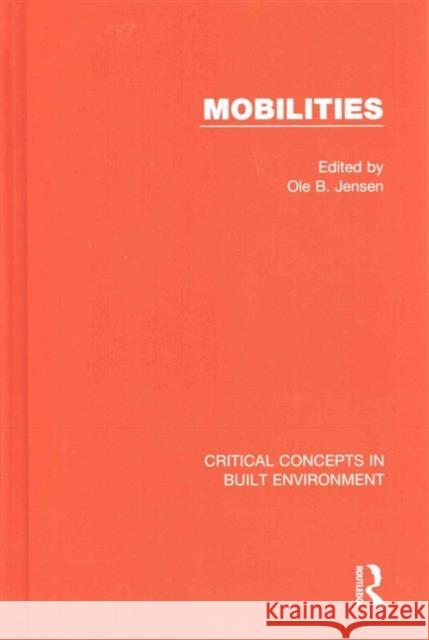Mobilities » książka
Mobilities
ISBN-13: 9781138021198 / Angielski / Twarda / 2015 / 1858 str.
The world is on the move. This is a widespread understanding by many inhabitants of contemporary society across the Globe. But what does it actually mean? During over one decade the mobilities turn within the social sciences have provided a new set of insights into the repercussions of mobilities to social networks, personal identities, and our relationship to the built environment. The omnipresence of mobilities within everyday life, high politics, technology, and tourism (to mention but a few) all point to a key insight harnessed by the mobilities turn . Namely that mobilities is much more than simple movements of people, goods, and information from A to B.
This new title creates a state-of-the-art reference work for all students and scholars with an interest in the mobilities turn and its contributions to a deeper understanding of the contemporary and mobile world. The entries chosen all are amongst the most creative, thought provoking, and thoughtful of this diverse field of analysis and thought. The selection covers diverse topics such as theories, concepts, methods, and approaches as well as exploring various modes of mobilities and the relationship to everyday life practices. The pieces also cover the politics of mobilities from local urban planning schemes to geopolitical issues of refugees and environmental degradation. The spaces and territories marked by mobilities as well as the sites marked by the bypassing of such are explored. Moreover, the architectural and technological dimensions to infrastructures and sites of mobilities will be included alongside issues of power, social exclusion, consumption, surveillance and mobilities history, to mention some of the many themes covered by this reference work of the best previously published material. The focus is on the academic contributions to this understanding by primarily focusing on works and publications in the aftermath of the seminal book and landmark text "Sociology Beyond Societies. Mobilities for the 21th Century" by John Urry (Routledge, 2000) which in many ways have worked as the starting point for the mobilities turn ."











